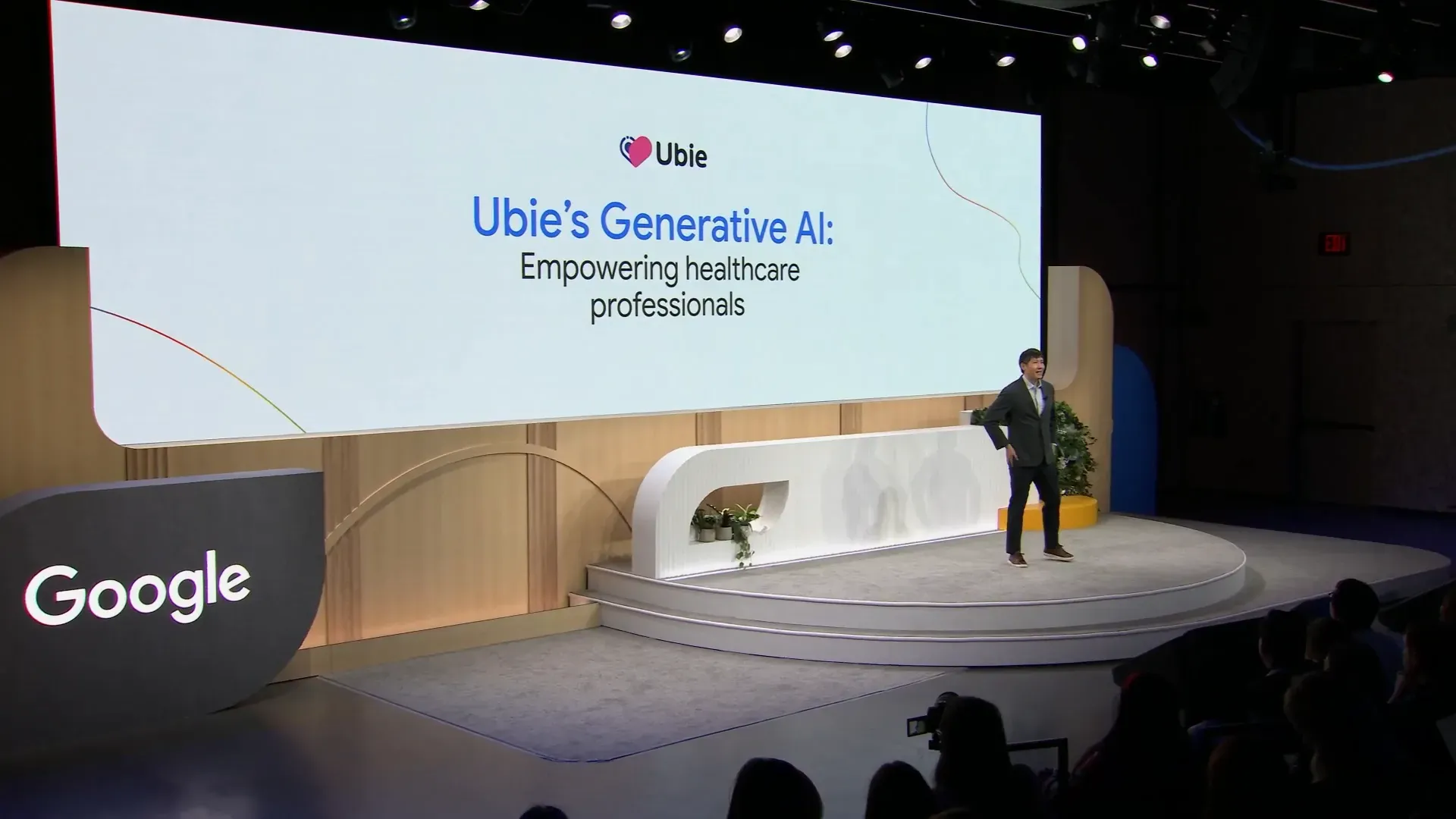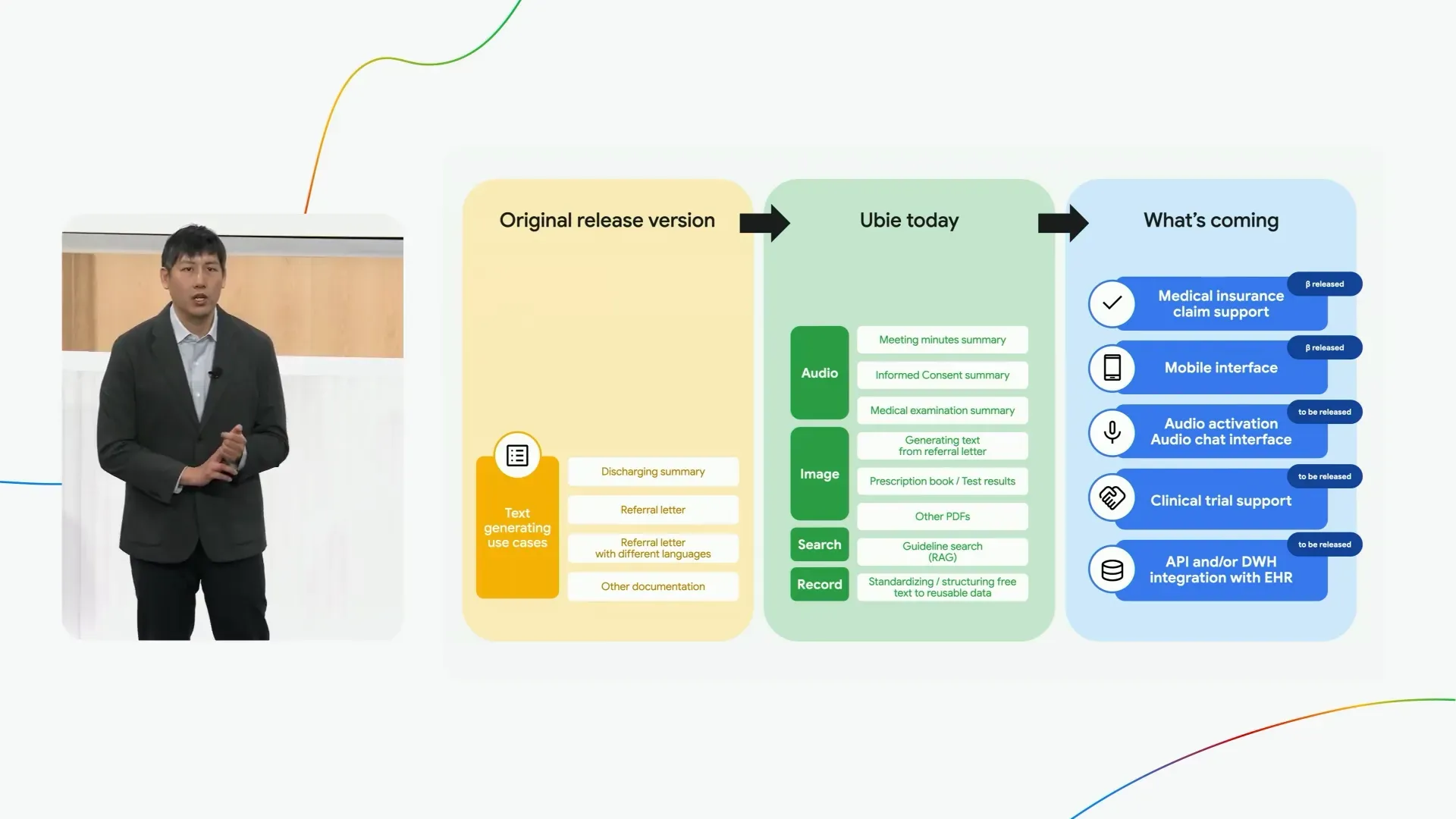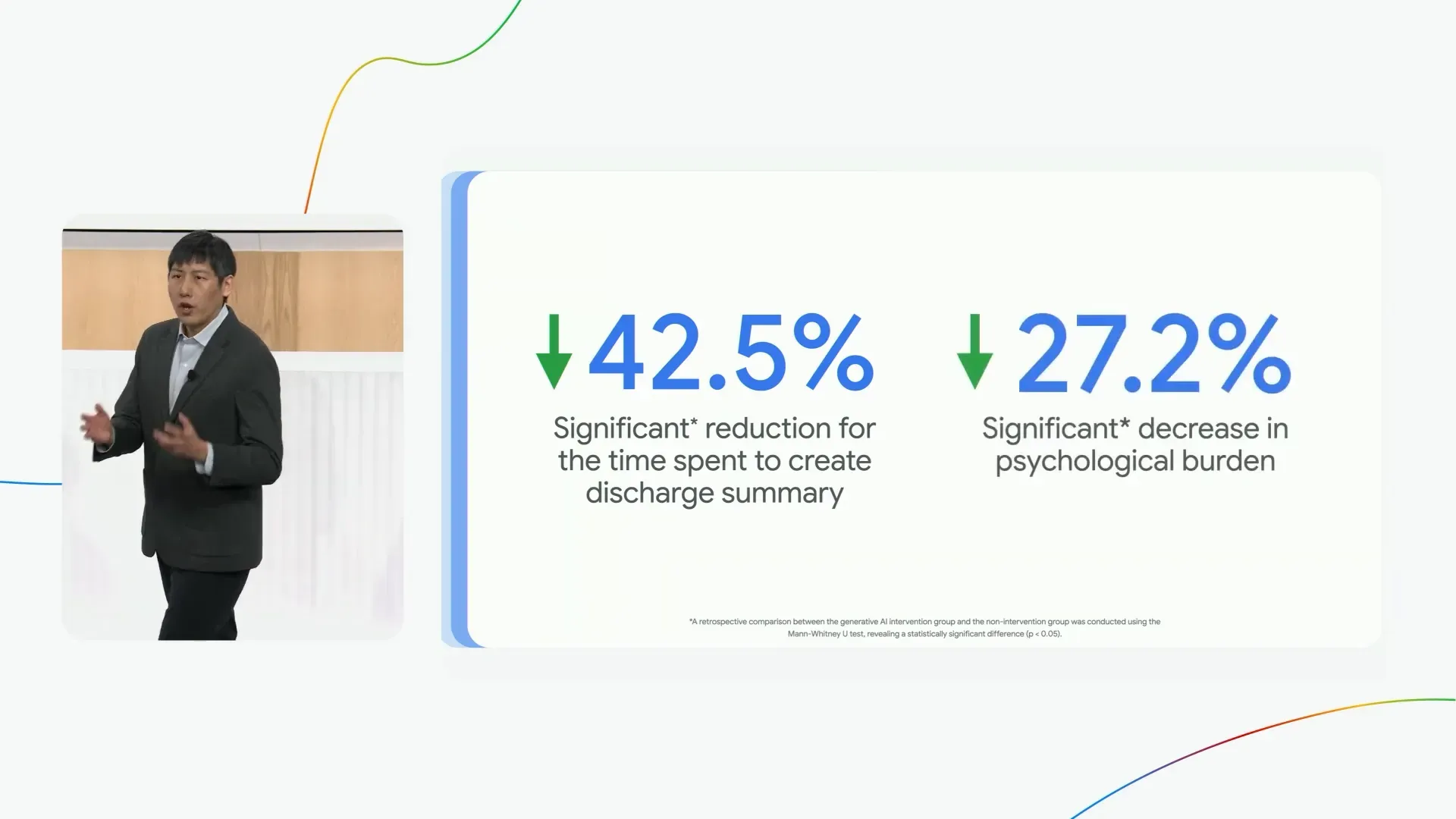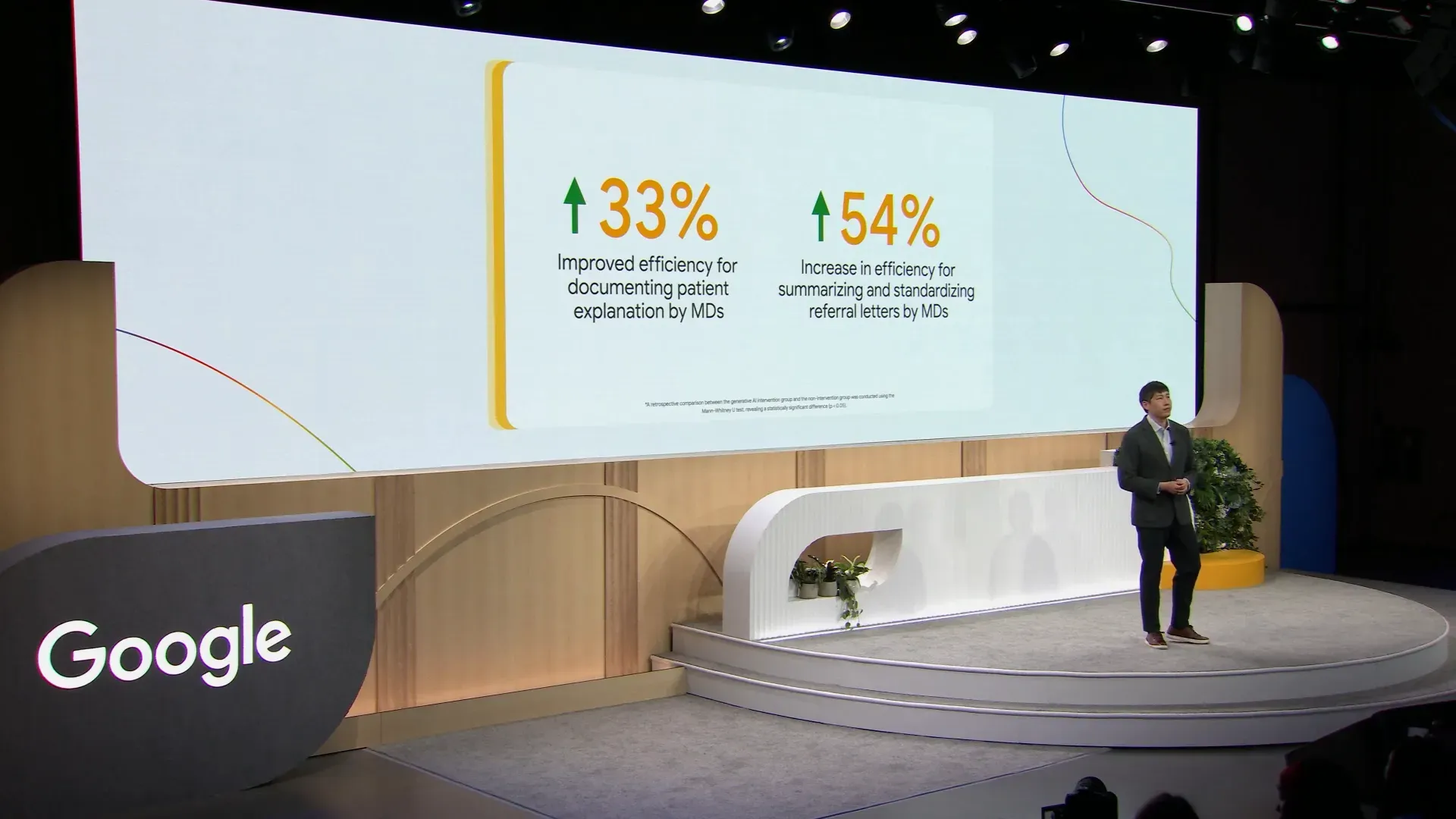In an era of rapid technological advancement. leading TO or Artificial Intelligence Coming to help in the health industry is no longer far away." Ubie "A Japanese healthcare tech startup that has been around for more than 7 years has proven that AI can be a real tool to transform the patient experience and increase the productivity of healthcare professionals.

The Beginnings of Ubie and the Inspiration for AI
Prior to joining Ubie, the founder worked as a Neurologist (Neurologist) before. They intend to devote their time to the patient, but they find themselves facing an overwhelming burden of paperwork and clinical duties. Some of them also had to be done by hand, which took a lot of time, until they got to know Ubie, which uses AI as its core to solve these problems. Therefore, they decided to participate to create change in the health industry.
Ubie has developed an AI-based tool that allows users to intelligently answer questionnaires to navigate to the right healthcare provider for free. Google Cloud’s Vertex AI To increase the productivity of more than 1,800 healthcare workers across Japan.

The Importance of Efficiency in the Japanese Health System
Japan is a country that faces the problem of an aging population and a declining number of workers. This makes it challenging to maintain balance in the health system. It is even more difficult to find administrative and paperwork personnel, especially in rural areas. As a result, the hospital has to face pressure in management.
Ubie is focused on developing products that can help healthcare professionals spend less time on paperwork and more time spent on quality patient care. The emphasis is on practical use in medical facilities. It's not just research or theory.
Generative AI Technology Behind Success
Ubie Uses Generative AI Including models Gemini From Google to create tools that make medical documentation faster and easier. Whether it is text, voice, or image input, it covers a wide range of applications. It also has a mobile application that allows users to access AI directly and connect to an electronic health record system ( EHR ) smoothly.

Examples of practical applications in Japanese hospitals
- Keiju General Hospital: Nurses who used to have to work overtime to write patient discharge reports. AI tools were used to help summarize the data, resulting in a 42.5% reduction in time spent, especially in the case of patients with long hospital stays and high mental workloads. It also reduces the psychological stress of nurses by 27.2%, which reduces the risk of burnout in healthcare workers.
- Yokokuda Hospital: Medium-sized hospitals in the Kyushu region Using an AI voice transcription and summarization system, it improves the efficiency of recording explanations from patients by up to 33%.
- Kyushu University Hospital: One of Japan's largest hospitals is experimenting with AI to summarize and standardize patient referral letters. This allows doctors to write reports on hospital admissions up to 54% faster.

Positive impact on the quality of patient care
Improving work processes with AI not only reduces the time spent on paperwork, but also frees up healthcare professionals to spend more time caring for and talking to patients in a quality manner, resulting in more effective treatments and increased patient satisfaction. This is the main goal that Ubie wants to achieve in the health system.

Techniques and meanings of terminology in the article
- Generative AI: AI technology that can generate new content, whether it's text, images, or audio, based on the data it has been trained on.
- Google Cloud’s Vertex AI: Google's cloud platform that helps in the development and deployment of AI models quickly and efficiently.
- EHR (Electronic Health Record): An electronic patient health data recording system that allows data to be stored and accessed safely and conveniently.
- Burnout: burnout or accumulated stress from work that affects mental health and work performance.
Conclusion from Insiderly
Ubie is one of the clear examples of the use of AI to solve real problems in healthcare, not just research or experiments, but practical applications in hospitals with measurable results. Both in terms of work efficiency and quality of life of healthcare workers. Reducing paperwork and increasing quality time in patient care is the key to developing a sustainable health system.
usage Generative AI and advanced technology such as Google Cloud’s Vertex AI As a result, Ubie is able to effectively respond to the challenges of the Japanese health system that is facing the problem of an aging population and a declining workforce. This is an approach that the global health industry should keep an eye on and may apply to other countries with similar challenges.
In the future, AI will not only be a paperwork tool, but will become an essential assistant that helps healthcare professionals to truly provide the best care to patients.


